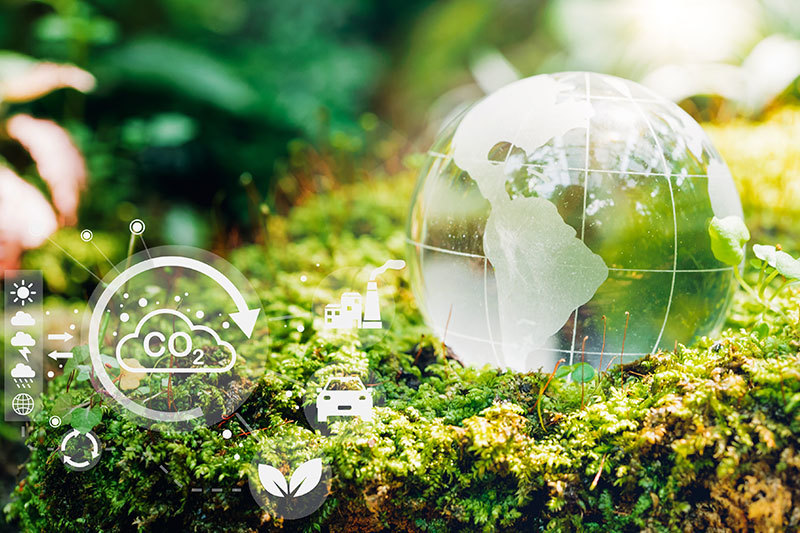Sustainability
Sustainability in the context of health supplements refers to the responsible sourcing, production, and consumption of dietary supplements in a manner that minimizes environmental impact, supports social well-being, and ensures long-term viability. By focusing on these aspects and integrating sustainability into every aspect of your operations as a supplier of raw materials for health foods, we can not only meet the growing demand for sustainable products but also contribute to a more ethical, environmentally friendly, and resilient food supply chain.
Sustainability
We hold BRCGS, ISO 22000, and HACCP certifications, demonstrating our commitment to global food safety and quality management.
Sustainability
For each product, we establish independent archival information, including production processes, quality standards, testing methods, specifications, quality inspection reports, transportation condition assessment reports, stability testing reports, and third-party testing reports.
Sustainability
To ensure the safety of the entire process from raw materials to finished products, we have not only done a lot of work on documentation but also established regulations on traceability. We have a dedicated retention sample room for storing retention samples of each batch of orders. Each of our products corresponds to a 6-digit code, which is automatically generated by our ERP system and never duplicated; each sales contract number is also unique. The retention sample packaging has clear information to ensure that any issues can be quickly identified. This information includes the sales contract number, product name, batch number, production date, expiration date, and supplier. The retention time will not be less than 3 years.
Sustainability
Maintain stringent quality control measures to ensure the safety and efficacy of your raw materials. Regular testing for contaminants, pesticides, heavy metals, and other harmful substances is essential to meet regulatory requirements and provide customers with high-quality, safe products.
Sustainability
Innovation and R&D, through scientific validation, green technology, resilient supply chains, and ethical governance, have become the core engine of sustainable supply in the health food industry. Their value lies not only in cost reduction and efficiency improvement but also in building a "technology-data-ecosystem" collaborative system, driving the industry towards a scientific, low-carbon, and human-centered tra
Sustainability
International logistics utilizes methods such as sea freight, air freight, and multimodal transport to ship our goods from China to destinations all over the world. Due to the long distances and various force majeure factors, these logistics services directly determine our ability to fulfill trade contracts, making them a crucial aspect of our company's operations.
Sustainability
We significantly reduce resource consumption, carbon emissions, and ecological damage through green packaging, low-carbon transportation, recycling, and intelligent management. At the same time, we enhance the resilience of the supply chain to cope with environmental risks, promoting the transformation of the sustainable supply industry of health foods towards an environmentally friendly model.
Sustainability
The social responsibilities of health food enterprises encompass five dimensions: quality and safety, integrity in business operations, environmental protection, industrial collaboration, and public welfare support. We achieve a balance between economic value and social value through standardized production, green transformation, transparent communication, and multi-party collaboration.










